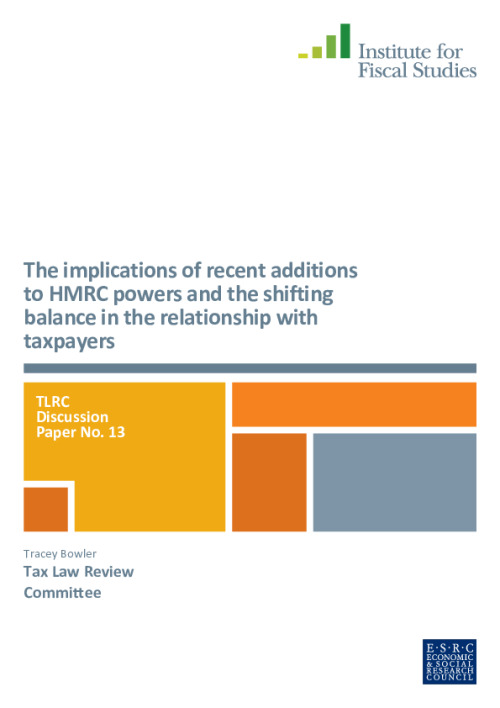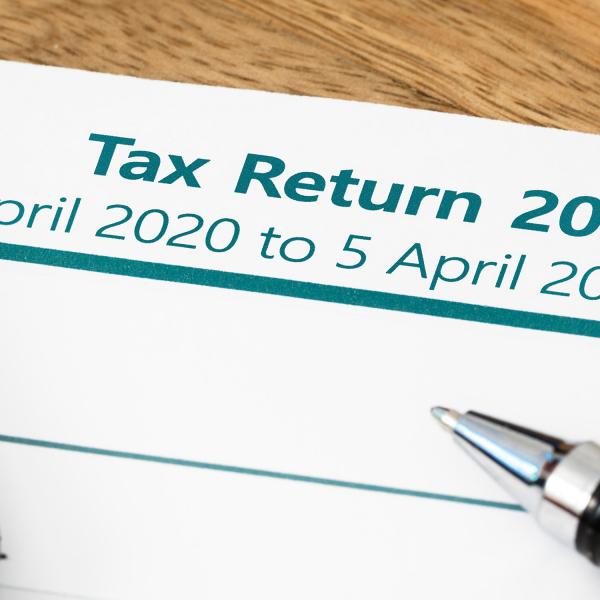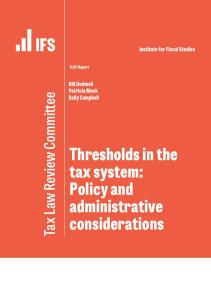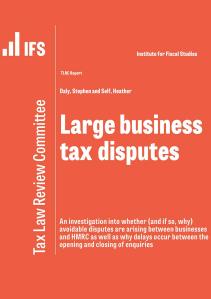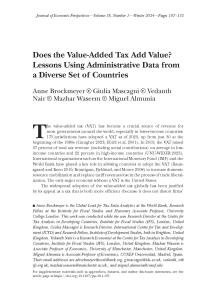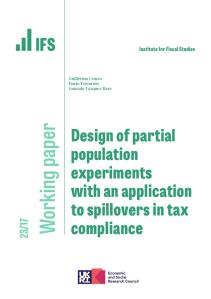Over the last three years, Her Majesty’s Revenue & Customs (HMRC) has been given additional powers which have generated significant comment and debate. Those powers have enabled HMRC to seek payment of tax that is disputed by taxpayers prior to its resolution (‘Advance Payment Notices’ or ‘APNs’); to require taxpayers to follow judicial decisions or risk significant penalties if they continue to dispute the amount of tax due (‘Follower Notices’ or ‘FNs’); and to extract money from taxpayers’ bank accounts to pay outstanding amounts of tax.
Much of the comment regarding those powers has concerned the effectiveness of safeguards for taxpayers. Further measures to extend HMRC’s powers were contained in the Finance Act 2016, raising similar concerns regarding the availability of safeguards for taxpayers. Yet further measures were proposed for the Finance Act 2017 and are now included in the ‘catch-up’ second Finance Bill of 2017.1 This paper considers what safeguards are available and the extent to which the safeguards are adequate given the increased powers parliament is giving to HMRC. It also considers the implications of these measures for the relationship between HMRC and taxpayers.
